In safe hands
The NSPCC’s Child Protection in Sport Unit has been working with leading sports bodies for over a decade to protect children from harm, but now it’s raising the bar even further
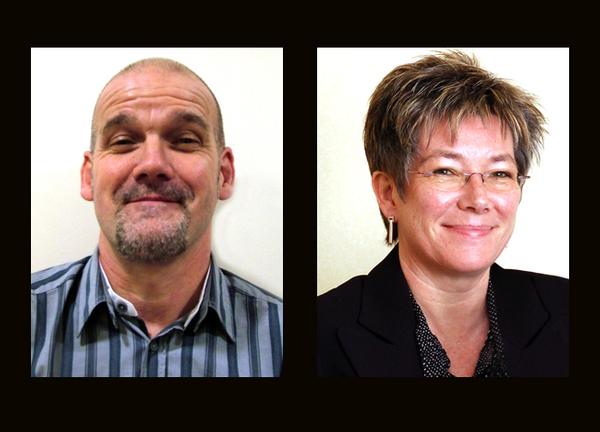
Research shows that participating in sport from an early age has enormous benefits for a child’s physical, emotional and social development, as most of us who were given that advantage ourselves can surely testify. But for an unfortunate few, who fall victim to predatory adults or harmful practices in sporting environments, the experience is not so positive.
It was to protect young people such as this that the Child Protection in Sport Unit (CPSU) was created in 2001. Formed as a partnership between the NSPCC and Sport England, the CPSU published its Minimum Standards for Safeguarding and Protecting Children in Sport in England in 2002 and since then, around 200 sports bodies in the UK have met the standards, including every County Sports Partnership (CSP) in England.
In 2010, the Sport Unit decided to go even further by launching the multi-agency Sports Safeguarding Children Initiative (SSC) in England, with the aim of improving collaboration not only with other sports bodies but also with the statutory sector: the police, children’s services and local safeguarding boards. With the initiative due to be reviewed next year, what impact has it had? And what can CSPs, NGBs and grassroots organisations do better to protect the children in their care?
Child-friendly environments
By the time SSC was launched in 2010, the CPSU had already made great headway with implementing its standards in England – almost every CSP had achieved them and the NGBs were not too far behind, but as CPSU senior consultant Nick Slinn points out: “The standards only tell you how well you’re doing at the top; there was still a lot of work to be done at a grassroots level.”
The expectation, he explains, is that once the standards have been achieved, the CSP or NGB will work with their members to make sure appropriate safeguards are applied at club level. But why the need for standards at all when there is already legislation around these issues?
“There is health and safety legislation and child protection legislation that spells out the statutory obligations of all those that provide services to children,” Slinn says. “But unfortunately, in practice, safeguarding often happens in reverse. In the event of something happening, a club would be hauled over the coals and questions asked, but there isn’t a safeguarding cops team that goes around saying, ‘Have you got X, Y or Z in place?’”
A current focus for the Unit is eating disorders. Some children may have eating disorders already, which can be made worse by their participation in sport if coaches are unaware and unwittingly reinforce negative messages around diet or body shape. In some sports, there are particular pressures around fitness, weight and diet that can actually contribute to young people developing these problems.
“That’s particularly true of weight-related sports," says Anne Tiivas, the CPSU’s director. "For example, martial arts, where you need to meet a weight category. We’ve had cases of young people being sweated out in cling-film, then being expected to perform in a competition while suffering from dehydration.”
Effecting change
The CPSU works with CSPs and NGBs in a number of ways. Key services include consultancy, helping to develop and review policies and procedures, plus unlimited access to the wealth of resources on the Unit’s website
(thecpsu.org.uk). For lead officers, there's also access to a training programme, four support groups each year and an annual conference on child protection.
On a day-to-day basis, however, much of the support takes the form of trouble-shooting. “For example, we were recently contacted by a couple of CSPs with questions around running sports in parks,” says Slinn. “What’s involved if you’re on public land rather than in a private club or on a school site? When we started looking into it, there were safeguarding issues around public insurances, around people drinking, around dogs faeces. So we ask ourselves, can we write some guidance on that? How can we test it? How can we promote it? Most of what we’re dealing with is pretty practical stuff.”
As for the progress made, different NGBs face different challenges. “If you’re the Football Association and you’ve got 50,000 junior clubs, consistency is a long-term piece of work,” points out Slinn. “On the other hand, if you’re a tiny NGB which doesn’t have many resources, you may not have the money to progress your safeguarding strategy."
At grassroots level, one way clubs in England might meet the expectations of their CSP or NGB is by participating in Sport England’s Clubmark scheme, for which the CPSU is the safeguarding advisor. Most recently, the CPSU has widened its net even further by striking up a partnership with Quest, Sport England’s quality scheme for sport and leisure.
“Right Directions, the organisation that manages Quest, contacted us through Sport England because they realised that although there was some reference to safeguarding children in their existing modules, there was scope to have a specific module dedicated entirely to this issue,” says Slinn. “Since then, we’ve worked with them to develop an optional safeguarding module for sports development teams and leisure facilities undergoing Quest assessments. We suspect that will grow legs as people see the benefit of it.
Best practice
To date, all 49 CSPs in England and 40 of the 46 Sport England-funded NGBs have met the CPSU standards. Each is now working on a post-standards framework to embed and maintain the standards, while the Youth Sport Trust and 18 of UK Sport’s funded NGBs and support organisations have started the standards process.
Slinn and Tiivas are also keen to point out the numerous examples of best practice highlighted by the Initiative. These range from the success with which some CSPs are now collaborating with the statutory sector to coaching agencies set up by others. The latter involves the CSP collating a database of appropriately qualified and trustworthy coaches that schools in the local area can draw on.
Several of the NGBs, meanwhile, have set up youth forums. “The Rugby League Youth Forum, in particular, is terrific,” says Slinn. “They’re currently involved with a sexual abuse prevention programme which is about prevention in general, not just prevention in sport."
Tiivas gives credit to the Amateur Swimming Association: “They’ve had a lot of issues in this area over the years and they need to be constantly vigilant, but they've also been very open all the way through, contributing to some very important early research.”
The ultimate goal, she explains, “is to create real ownership across the sector of what needs to be done to keep children safe, so it doesn’t matter where a child participates, in what sport and at what level: the safeguards will be the same.”

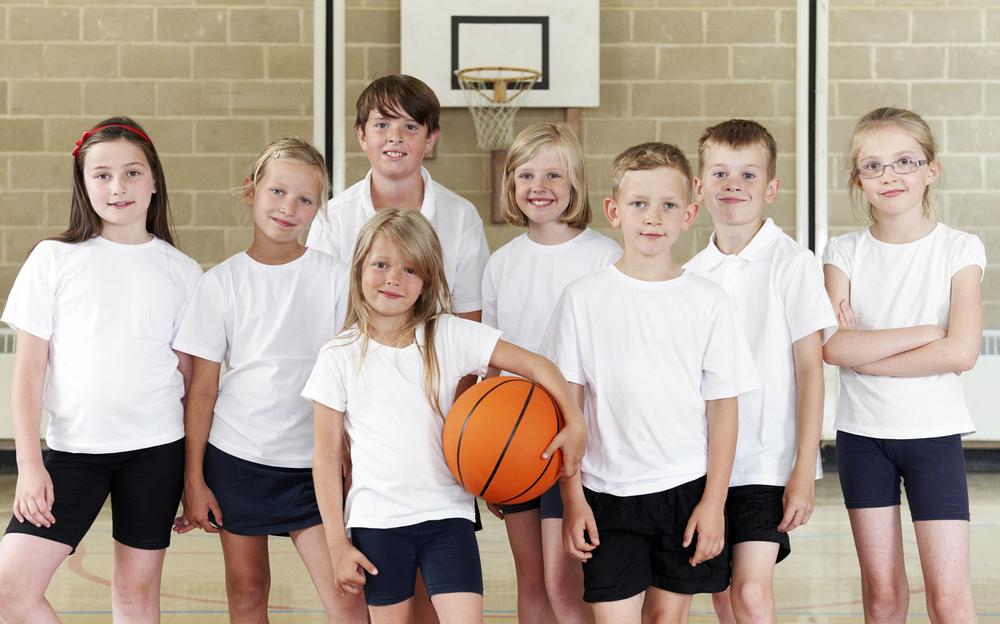
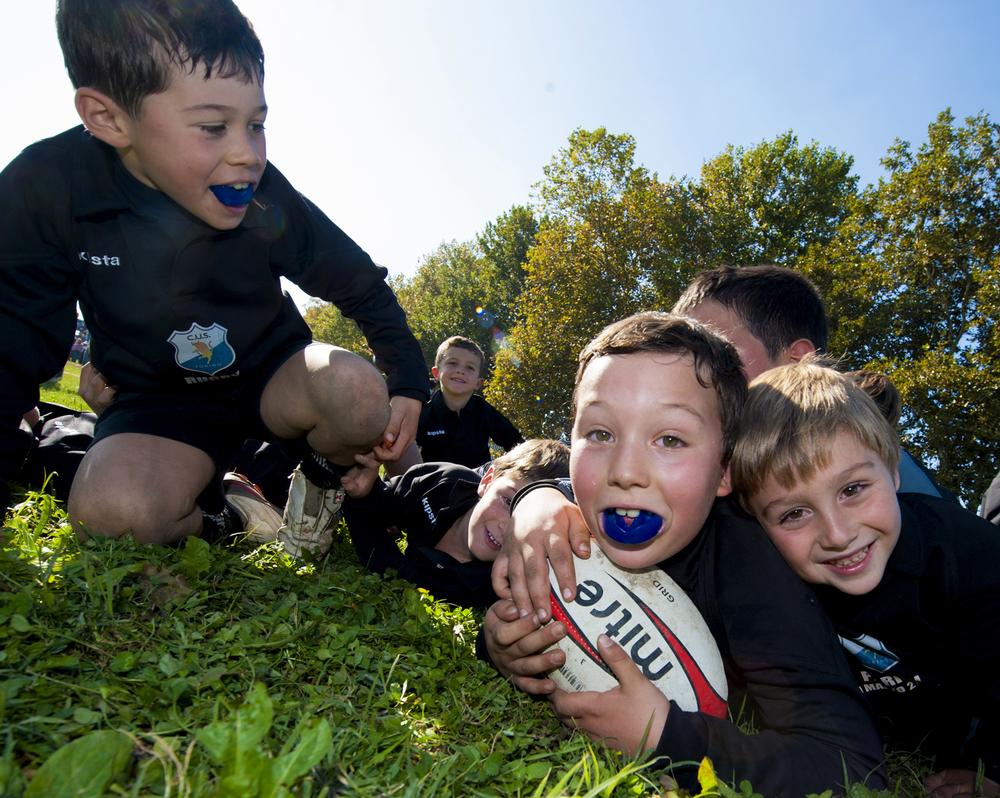
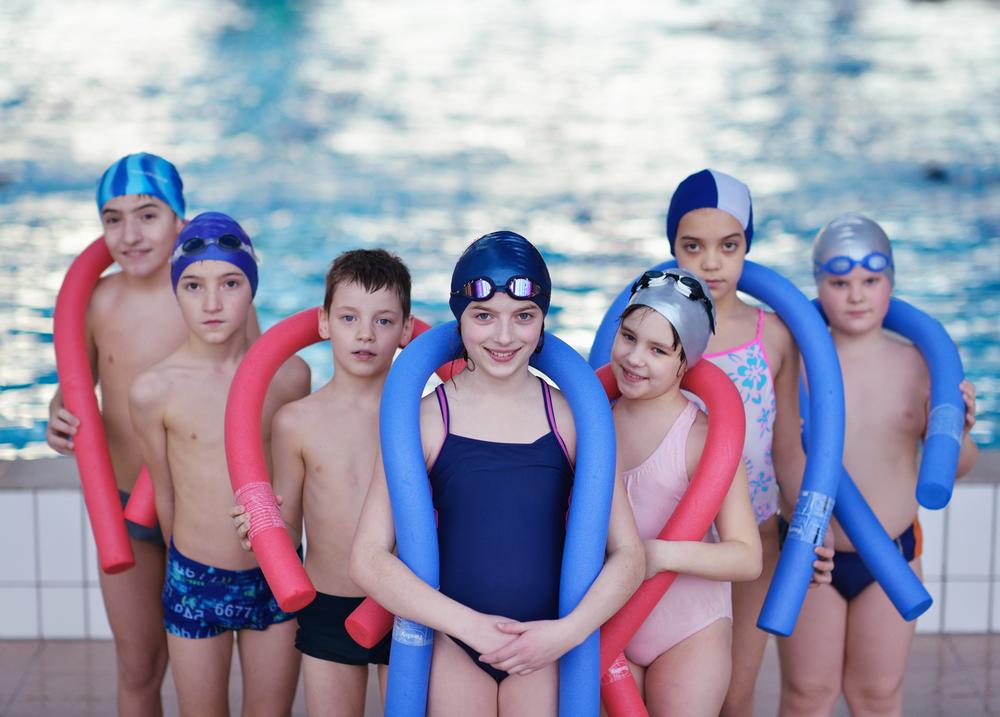
Recreation Assistant
Duty Manager (Dry)
Swim Teacher
Swim Teacher
Chief Executive Officer, Mount Batten Centre
Swim Teacher
Swimming Teacher
Swimming Teacher
Company profile
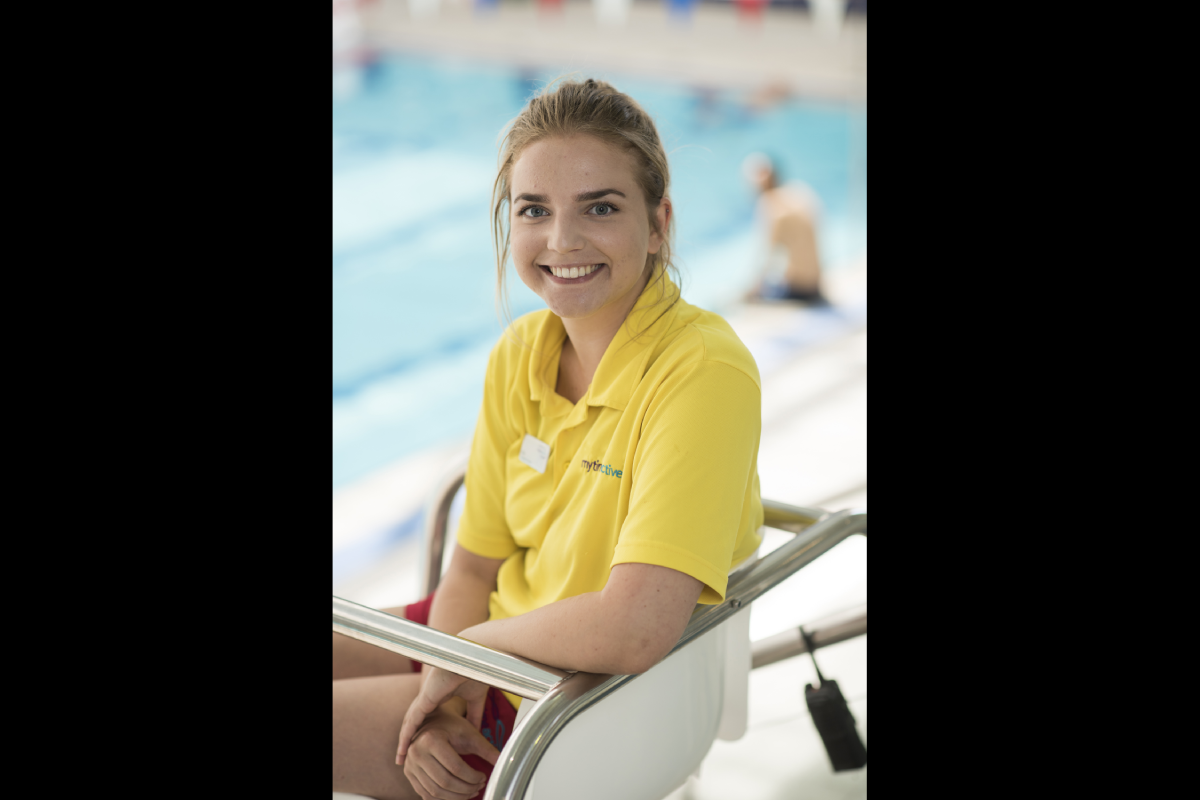
Featured Supplier

Property & Tenders
Company: Knight Frank
Company: Belvoir Castle
Company: AVISON YOUNG
Company: London Borough of Bexley
Company: Forestry England












